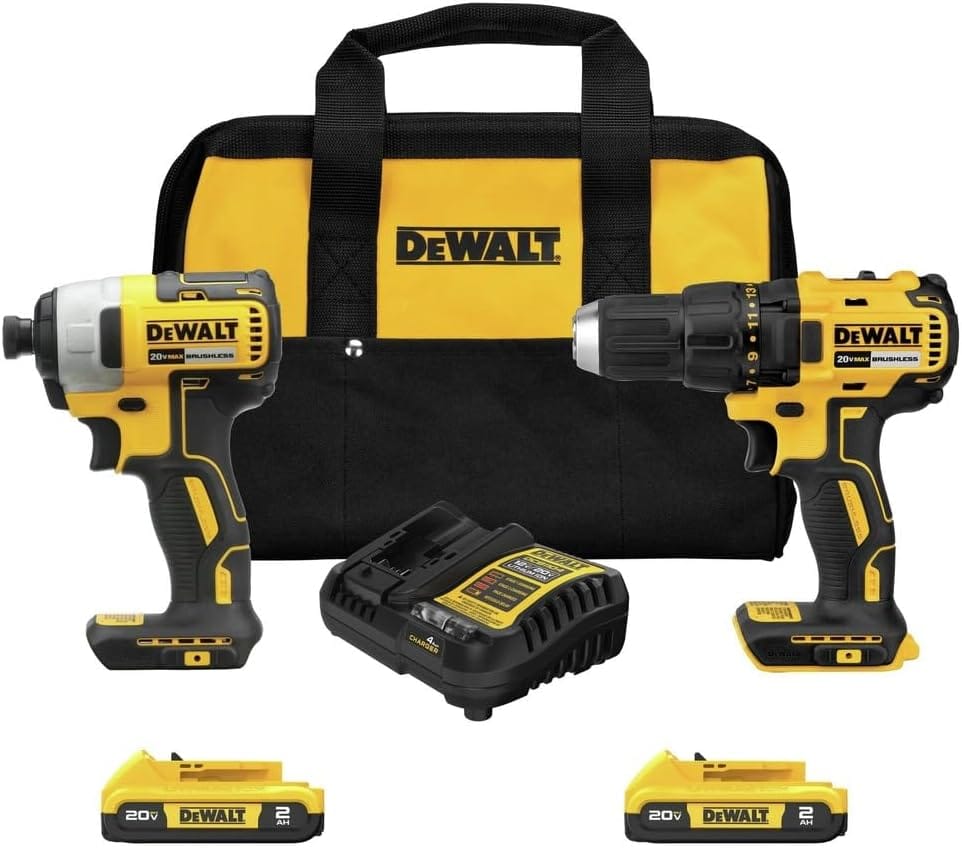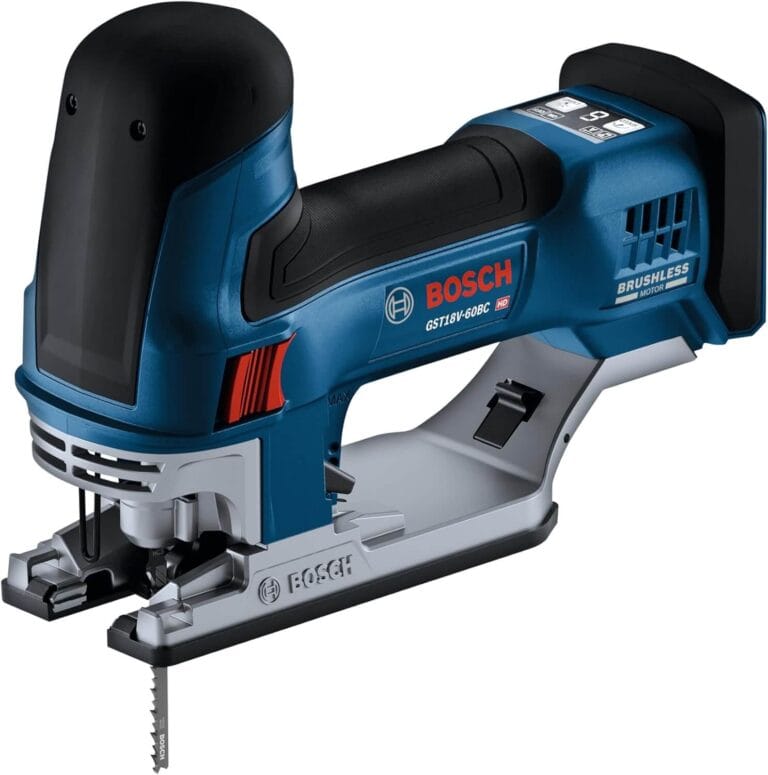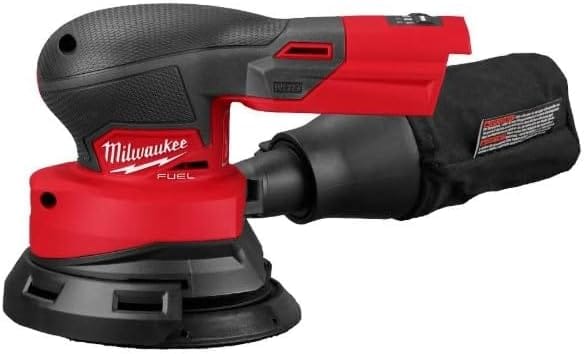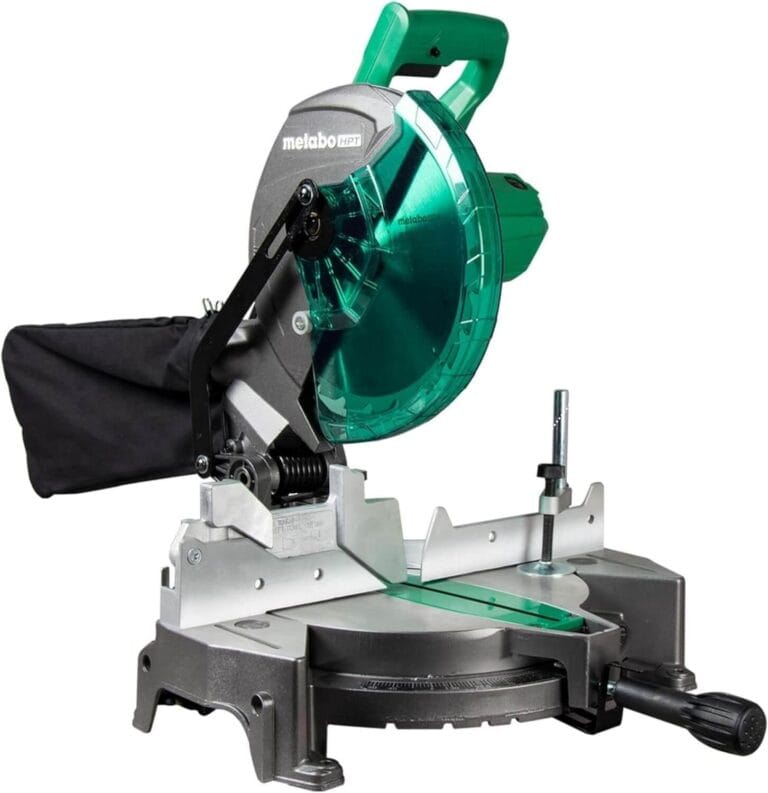
Advantages of Brushless Drills: Why Upgrading Is Worth It
Unlock amazing performance with brushless drills: longer runtime, higher torque, and low maintenance. Boost your DIY and pro projects today.
Table of Contents
- Introduction
- What Is a Brushless Drill?
- Efficiency and Battery Life
- Power and Torque
- Heat Management and Durability
- Size, Weight, and Ergonomics
- Maintenance and Lifetime Costs
- Smart Electronics and Control
- Noise Reduction and Comfort
- Real-World Applications & Use Cases
- Buying Guide: Choosing the Right Brushless Drill
- Common Myths Debunked
- FAQs
- Conclusion
Introduction
Brushless drills outperform traditional models by delivering more consistent power, up to 30% longer battery life, and virtually zero maintenance.
Whether you’re a weekend DIYer or a trades-professional, upgrading your drill can save time on every job—and in this guide, we’ll show you exactly why.
In this detailed guide, we’ll explore the advantages of brushless drills, examining why their efficiency, power, and intelligent design make them the superior choice for virtually any drilling task.
We’ll break down the technical benefits, real-world applications, and key considerations to help you decide if upgrading is right for you.
What Is a Brushless Drill?
A brushless drill is an electric drill that uses an electronically commutated motor instead of the older brushed design.
Traditional drills rely on carbon brushes that physically contact the motor’s commutator to transfer electricity, creating friction and energy loss.
In contrast, brushless motors use electronic circuitry to switch the current, eliminating brushes and improving overall performance.
- Stator and Rotor: Permanent magnets and windings arranged for efficient rotation
- Electronic Speed Controller (ESC): Manages current flow and motor timing
- Battery Pack: Typically lithium-ion, offering high energy density and consistent voltage
By removing brushes, brushless drills reduce friction, heat, and wear, leading to multiple real-world benefits we’ll dissect in the following sections.
Efficiency and Battery Life
Why Brushless Motors Are More Efficient
Brushless motors convert a higher percentage of electrical energy into mechanical energy. Without the drag from brushes, less power is wasted as heat, which means more torque and runtime from each battery charge.
- Energy Conversion: Up to 10–30% more efficient than brushed motors
- Run Time: Extended by up to 30% under typical workloads
- Consistent Power Delivery: Voltage remains stable as the battery discharges
Tip: When using your drill in continuous tasks like installing drywall screws, you’ll notice fewer mid-job battery swaps compared to a brushed drill.
Brushless Drills Power and Torque
Higher Peak Torque
Without brushes to limit rotor speed, brushless drills can deliver higher peak torque. This makes them ideal for demanding tasks like drilling into hardwoods, masonry, or metal.
- Peak Torque Range: 300–400 in-lbs versus 200–250 in-lbs on brushed models
- Sustained Torque: Maintains power under continuous load, reducing stall risk
Variable Speed Control
Integrated electronics enable smoother speed control across a wider RPM range (typically 0–2,000 RPM), giving you precise control for delicate tasks and power when you need it.
Pro Tip: Use low RPM with a torque clutch setting for pilot holes, then switch to high speed for rapid drilling once the bit is engaged.
Heat Management and Durability
Reduced Heat Buildup
Brush friction generates substantial heat in brushed motors, leading to thermal stress. Brushless designs run cooler, which protects components and batteries.
- Thermal Efficiency: Up to 50% less motor heat
- Battery Protection: Reduced thermal strain extends pack lifespan
Longer Motor Life
Eliminating brushes removes the single largest wearing component. With no brush replacements needed, brushless drills can often exceed 5,000 hours of operation.
Maintenance Tip: Even without brushes, ensure vents remain clear of dust and debris to maximize cooling efficiency.
Size, Weight, and Ergonomics
Removing brushes and commutators allows a more compact motor housing. Brushless drills tend to be 10–20% smaller and lighter, improving balance and reducing user fatigue.
- Average Weight: 2.5–3.0 lbs vs. 3.0–3.5 lbs for brushed models
- Head Length: 6.5–7 inches compared to 7.5–8 inches
Lighter, balanced tools mean more comfortable overhead work and less strain during prolonged use.
Many brushless models also feature improved handle contours and rubberized grips. The grip on my Dewalt is very comfortable and balanced.
Maintenance and Lifetime Costs of Brushless Drills
No Brush Replacements
Brushed drills require periodic brush changes—typically every 6–12 months under heavy use. Eliminating brushes saves both parts and labor over the tool’s life.
Total Cost of Ownership
While brushless drills carry a higher upfront cost (10–30% premium), the reduced maintenance, longer battery life, and greater tool longevity often result in a lower lifecycle cost.
| Cost Component | Brushed Drill | Brushless Drill |
|---|---|---|
| Initial Purchase | $80–120 | $130–170 |
| Brush Replacement | $20 every year | $0 |
| Battery Consumables | 2× battery swaps | 1.3× battery swaps |
| Estimated 5-Year Total | $200–250 | $180–200 |
Estimated costs based on typical workshop usage.
Smart Electronics and Control
Advanced brushless drills incorporate microcontrollers that continuously monitor speed, temperature, and battery voltage, adjusting power delivery on the fly for optimal performance.
- Integrated Motor Drivers: Real-time monitoring for efficiency
- Customizable Modes: Drilling, driving, hammer modes, plus user presets
Example: The XYZ Brand 18V brushless drill offers three driving modes plus a custom user mode—ideal for repetitive installations.
Noise Reduction and Comfort
Brushless drills operate with fewer mechanical contacts, resulting in quieter operation. Noise levels can be 5–10 dB lower than brushed counterparts, reducing operator fatigue and improving communication on job sites.
Brushless Drills Real-World Applications
DIY Projects
- Furniture Assembly: Consistent torque prevents overdriving screws, preserving wood integrity.
- Deck Building: Extended runtime avoids interruptions when securing decking boards.
Professional Construction and Trades
- Framing and Drywall: High torque swiftly drives screws into studs and panels.
- Masonry Work: Hammer-drill mode excels in drilling anchors into concrete and brick.
Automotive and Metalwork
- Automotive Repairs: Precision torque control safeguards sensitive bolt applications.
- Metal Fabrication: High RPM cuts through sheet metal with minimal heat buildup.
Buying Guide: Choosing the Right Brushless Drill
When selecting a brushless drill, consider the following factors:
- Voltage & Battery Platform: 12V for light tasks, 18V/20V for versatile mid-range, 36V+ for heavy-duty. Align with your existing battery system if possible.
- Torque & Speed Ratings: Match peak torque and no-load RPM to your typical workloads.
- Chuck Size: 1/2-inch for larger bits, 3/8-inch for lighter applications.
- Battery Run Time: Check Ah (amp-hour) ratings; higher Ah equals longer runtime.
- Ergonomics & Grip: Test for comfort, balance, and grip texture.
- Additional Features: LED lights, belt hooks, quick-charge battery systems.
- Brand Ecosystem: Tool and battery compatibility across devices can save cost and space.
Brushless Drill I Recommend
The one I have owned and used for YEARS is this Dewalt Brushless drill set. I haven’t had one issue, it charges fast, and is a workhorse.
And yes, it’s been riding in our truck for the entire time so it gets bounced around and still working like a champ! (although the carry bag is a bit dirty now) LOL.
Common Brushless Drills Myths Debunked
Myth: Brushless drills only matter for professionals.
Fact: Even occasional users benefit from longer battery life and less maintenance.
Myth: Brushless motors are fragile.
Fact: Without brushes to wear, brushless designs are often more robust under harsh conditions.
Myth: Brushless tools are overkill for simple tasks.
Fact: Even driving a handful of screws per day, you’ll notice smoother operation and fewer frustrating stalls.
FAQs
Q1: Are brushless drills worth the extra cost?
A: If you value efficiency, power, and low maintenance—even for moderate use—the ROI usually justifies the premium.
Q2: Do brushless drills require special batteries?
A: They use the same lithium-ion packs as brushed models, but demand higher discharge rates. Always use manufacturer-recommended batteries.
Q3: How do I maintain a brushless drill?
A: Keep it clean, avoid overloading, and periodically check electronic contacts. No brush changes needed.
Q4: Can I retrofit a brushed drill to brushless?
A: Converting requires new motor circuitry and ESCs—often not cost-effective compared to buying a dedicated brushless unit.
Q5: What safety features do brushless drills offer?
A: Many include electronic braking, thermal shutdown, and clutch disengagement to prevent injury and damage.
Conclusion
Upgrading to a brushless drill represents a leap in efficiency, power, and long-term value. From extended battery life and smoother operation to reduced maintenance and smarter electronics, the advantages are clear.
Whether you’re tightening cabinet screws, framing a wall, or fabricating metal components, a brushless drill will help you work faster, cleaner, and with greater confidence.
As you shop for your next tool, use this guide to evaluate key specs, match features to your needs, and enjoy the benefits of modern brushless technology.
Ready to take the plunge? Check out our in-depth reviews of the top brushless drills on the market and find the perfect match for your workshop!
Affiliate Disclaimer: Just want to be upfront with you – some links in this review are affiliate links, so if you make a purchase through them, we may earn a small commission at no extra cost to you. This helps us keep our site running and allows us to continue bringing you honest, detailed tool reviews. Your support means the world to us! Thank you.





